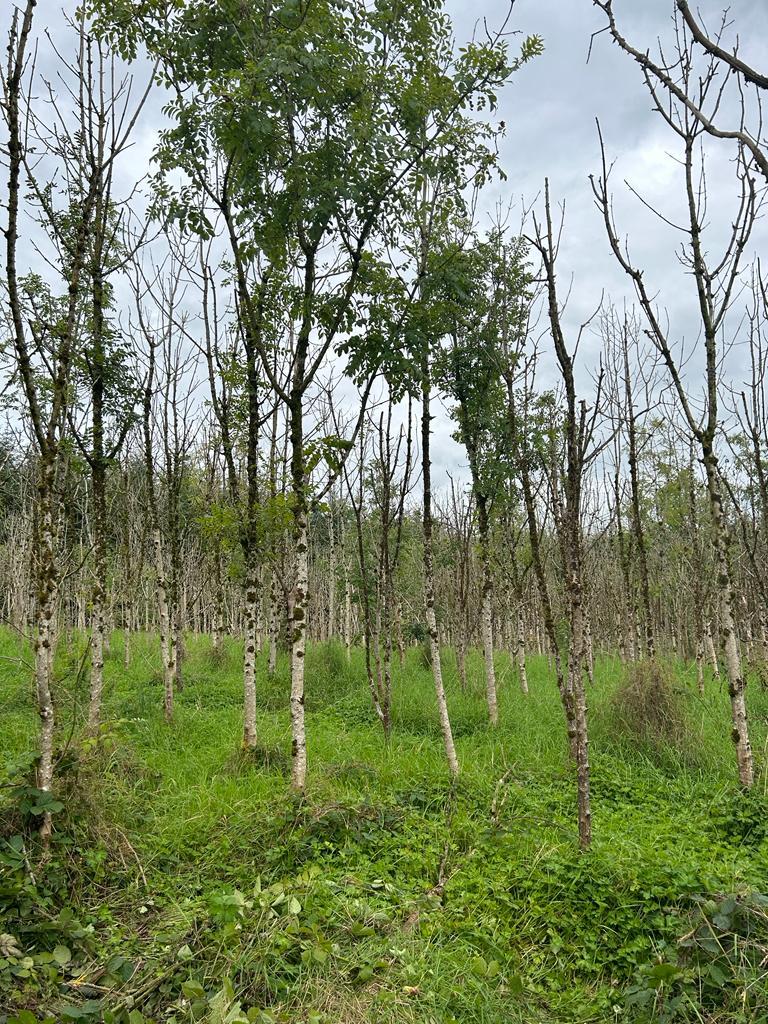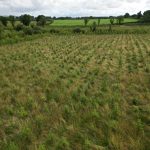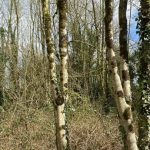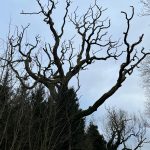
Ashdieback
We have been assessing the steady progress of AshDieback in trees across Ireland for a number of years, what happened over the weekend of the 5th August alarmed us greatly and the situation was highlighted on subsequent News Bulletin.
We have been in contact with several Local Authorities regarding the removal of dead and diseased roadside Ash trees and alerting them to the inherent fatal danger that these diseased trees are to the general public. We have been informed in no uncertain terms that these trees are the responsibility of the landowner.
The ever-increasing amount of debris falling from these dead Ash trees over years has been apparent but the storm on Saturday morning 5th. August gave us a clear indication of what is definitely coming down the line this winter during the many random storms that occur most winters. Close to our base the first substantial branch fell from a dead Ash tree and I estimate that 90% of all other debris on the roads was from Ash trees, this was confirmed to be countrywide by checking with our national spread of managers.
Thankfully nothing serious happened but because AshDieback has infected in excess of 95% of all Ash trees both plantation and boundary trees, this situation is going to rapidly deteriorate.
We also watched with interest and item on the RTE News on Monday7th. August about AshDieback where we saw a tree surgeon climbing a dead tree to facilitate the removal of the total tree. Another branch of our company has been clearing dead Ash trees for a number of years now and from their experience nobody is allowed to climb an obvious dead Ash tree under any circumstances purely on Health and Safety grounds.
They have found from bitter experience that because the fungus affects the tree from the top down and kills the tree, the upper most branches become very brittle at an early stage in the progress of the disease and consequently can either fall on a chainsaw operator or are not suitable to support a climber.
As most of the landowners in the country are farmer’s they are consequently carrying the liability of all this potential risk whether they like it or not and the danger is still there and getting more hazardous regardless of whether a fund is being made available or not to remove these trees. We also assume all of these landowners are insured so they are possibly unknowingly carrying the exposure.
The same danger is lurking on field boundaries on general farmland away from roadway, we can visualise somebody innocently heading for the first dead Ash tree to have firewood for the house, this is a disaster waiting to happen and we hope it doesn’t actually have to happen for action to be taken.
From what we already know these diseased trees should be dealt with by mechanical removal only. It has been proven that this mechanical removal can be carried out quite efficiently and safely. There is a market for all the products from this operation both logs and chip.
We are looking at this from a personal safety and professional perspective and would like to start a conversation regarding the dangers the public are exposed to in this ever increasing area of personal danger and insurance exposure. The discussion about this danger should involve everybody as the danger/risk is there for anybody who uses our national road network.
These dangerous trees need to be removed to remove the danger they are to the general public and we should make sure that this done before lives are lost.
For more information contact us at http://www.forestryservices.ie or at http://www.euroforestireland.ie




